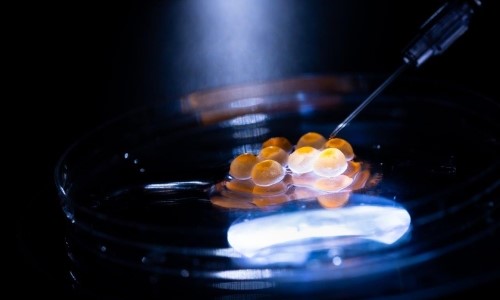
News
Research
Breeding scientist joins Center for Aquaculture Technologies
September 27, 2022 By Nestor Arellano
 (Image: Centre for Aquaculture Technologies)
(Image: Centre for Aquaculture Technologies) The Centre for Aquaculture Technologies (CAT), a research and development organization that focuses on aquaculture productivity and sustainability, has recruited a veteran genomics and breeding scientist to join its genetics team.
CAT announced that Dr. Marcos De Donato, will be the organizations latest breeding scientist. De Donato will work with clients to implement modern selective breeding strategies to facilitate genetic improvement in aquatic species and increase the efficiency and sustainability of aquaculture, according to a press release from CAT.

Dr. Marcos De Donato
CAR is an R&D and contract service organization focused on improving the productivity, efficiency and sustainability in aquaculture and related industries through genetics, health, and nutrition. The joint US-Canada operates facilities in San Diego, California and in Prince Edward Island, Canada.
CAT has a solid background in cellular and molecular technologies and in vivo testing.
Prior to working with CAT, De Donato was an adjunct professor at the Tecnológico de Monterrey, in Mexico. He has also work as an advisor and assessor in the field of aquaculture genetics and biotechnology for more than 22 years.
“Aquaculture is the fastest growing industry in the world, and genetics is the key to its sustainable future,” said De Donato, “I believe CAT is a game changer for aquaculture – the in-house team can develop custom tools for any wild or cultured species, and they deliver innovative solutions accessible to companies at any level, big or small. This approach is what propels the industry into the future, and I am excited to begin my journey here.”
Klara Verbyla, vice-president for genetics at CAT said that De Donato brings with him “years of experience in quantitative genetics, genomics and the application of this expertise and advanced technologies to a diverse range of breeding programs and species.”
“This addition ensures that the breeding team has the capability to meet the growing demand for genetic improvement expertise in the aquaculture industry while further enhancing CAT’s ability to continue create real impact across the aquaculture sector through the use of genetics,” he added.
Print this page